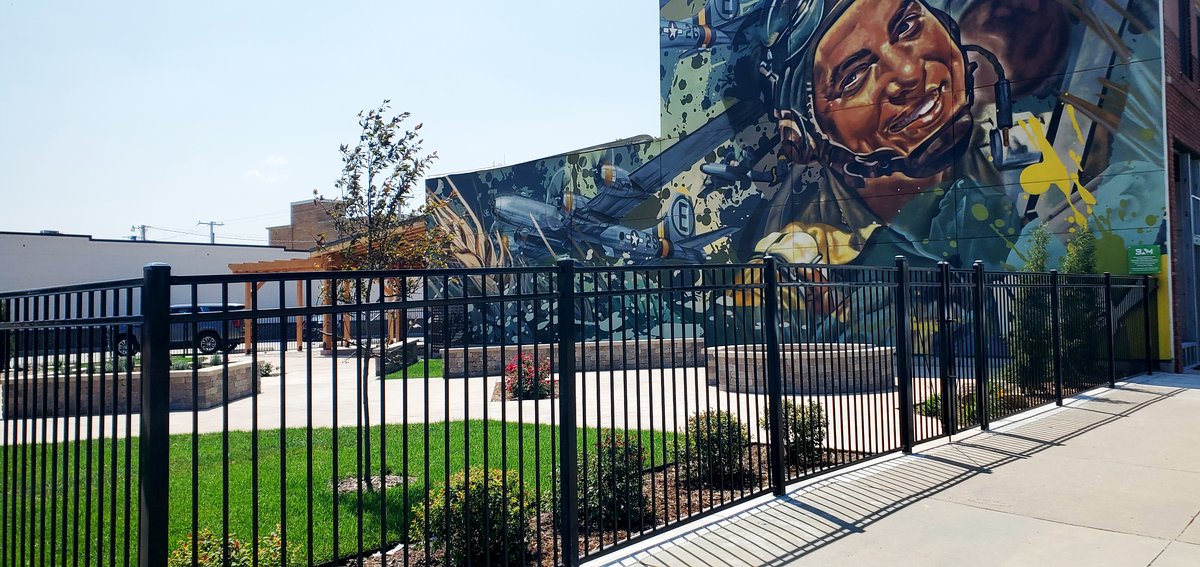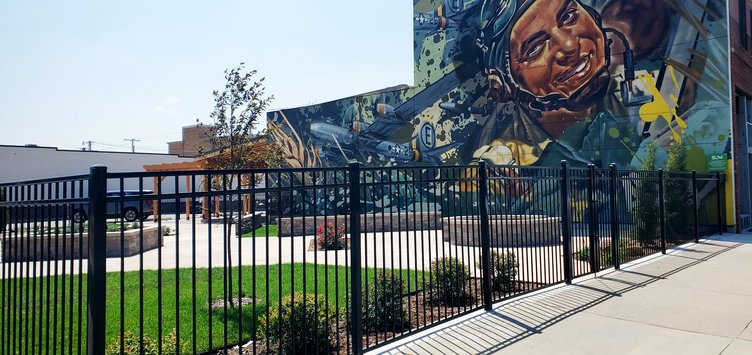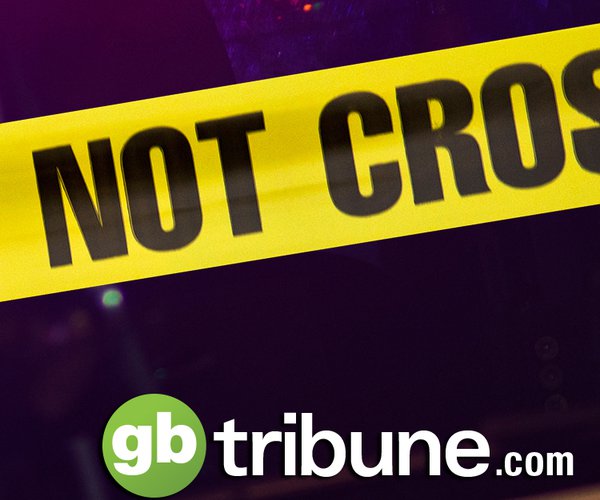The Great Bend City Council adopted an ordinance Monday that greatly expands the downtown Common Consumption Area, which allows a committee to allow alcohol sales in designated areas during select events. The vote was 6-1, with councilmember Davis Jimenez opposed and councilmember Kevyn Soupiset absent (he arrived a short time later).
Before voting, the council heard from audience member Dee Ann Grummon, who expressed her opinion that “expanding the ‘Common Consumption Area’ is not a wise idea.”
“Is it impossible to draw a crowd with food, art and music/entertainment only, or is alcohol the magic ingredient for any event to be successful?” she said. Her comments will appear on the Great Bend Tribune's public forum and a link can be found here.
The Common Consumption Area (CCA) was created by ordinance in 2021 at the request of Great Bend Economic Development. At present, it includes the 2100 block of Forest Ave., which is the block in front of the Tribune. Final Fridays on Forest events in this area involve closing the street to traffic and allowing food and alcohol vendors and live music. GBED’s Great Bend Alive sets up tables and chairs, with volunteers at the entrances to make sure alcohol is not brought in or carried out of the area.
At the Aug. 5 City Council meeting, GBED Director Sara Arnberger asked for an ordinance expanding the CCA to also include:
• The crosswalk across Williams along the south side of Forest Ave. (to The Landing, a new gathering area);
• Half of the block that includes The Landing;
• Lakin Ave. between Williams and Main;
• 12th Street between Williams and Main.
Arnberger said the committee would not ask to use all of the area all of the time. “This gives us flexibility into the future,” she said.
The item was tabled on Aug. 5 after councilmember Cory Urban said he would like to change the makeup of the CCA Committee that decides when to utilize the areas. City Attorney Allen Glendenning amended the ordinance at that was what was approved Monday night.
Ordinances approved: Mill levy and marijuana
Several other ordinances were approved Monday, including one that sets the tax rate for next year and one that makes possession of marijuana a violation of the city ordinance.
• After a public budget hearing that lasted less than five minutes, the council adopted the 2025 budget ordinance. The budget is funded at a mill levy of 44.391, which is the calculated Revenue Neutral Rate certified by the County Clerk. The final tax rate will be whatever generates the same amount of property tax revenue as levied last year.
• The council voted to adopt the 2024 Edition of the Standard Traffic Ordinance. City Attorney Glendenning provided two options; one preserves the status quo and the version approved repeals any duplicative or conflicting items in the code. There were no substantiative changes this year, he said.
• The council voted to adopt the 2024 Edition of the Uniform Public Offense Code (UPOC). This covers crimes not included in the traffic ordinance, Glendenning said. This time, he offered three options. The first two were similar to the traffic updates but the third, which the council approved, puts violations on possession of marijuana back in the jurisdiction of the Great Bend Municipal Court.
Glendenning explained that historically, the City ordinance has been “tweaked” to delete the section prohibiting the possession of marijuana. “As a result, the possession of marijuana is not a violation of city ordinance,” he said. “It remains a violation of state and federal law, but those cases are prosecuted in state and federal courts by the County Attorney and the United States Attorney.”
The Great Bend Police Department asked for the new ordinance to include possession of marijuana as a violation, Glendenning said. This will allow officers to submit such cases for prosecution in Municipal Court by the City Attorney. Based on the last two years, he estimated this will amount to 45 cases a year.
Police Chief Steve Haulmark was available to answer questions and had no objections.
There were substantiative changes in the UPOC as well, Glendenning said. One was the result of a Kansas Supreme Court ruling earlier this year that amends the definition of disorderly conduct. The second change provides some immunity from arrest or prosecution for persons who call law enforcement or EMS seeking medical assistance needed as a result of the use of controlled substances, provided they cooperate with the responders.





